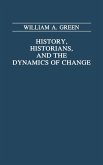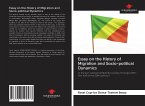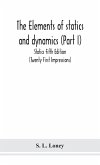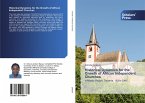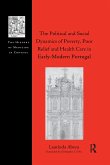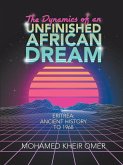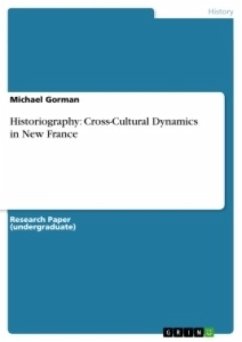"The city of Cork experienced a political odyssey between Easter 1916 and the end of 1918. Irish Republicans evolved from a marginalized minority into Cork's unquestioned political masters. The First World War created the context for this political transformation in Ireland's third-largest city. Wartime policies conceived in London manifested themselves unexpectedly in Cork: the Defence of the Realm Act was used to repress political speech; deficit spending generated massive inflation; mandatory arbitration encouraged workers to join trade unions; food rationing panicked a country scarred by the Potato Famine; and military conscription generated virtual rebellion. As a result, the Cork public increasingly turned against the war. The book examines the political situation in Cork prior to the Easter Rising; local reactions to the rebellion; the rapid creation of the Republican mass movement; the dramatic decline of the Irish Party; the explosion of anti-authority street rioting; the mobilisation of women in the independence struggle; disturbances against venereal disease treatments and visiting American sailors; the emergence of radical trade unionism; agitation over the retention of local food supplies; the nationalist mobilisation during the Conscription Crisis; and Sinn Faein's triumph in the 1918 General Election. While previous scholarship has analysed these themes in isolation, this study synthesises different strands into a single compelling narrative that explains the war's destabilising effects on one Irish city during 1916-1918"--Publisher's website.
Hinweis: Dieser Artikel kann nur an eine deutsche Lieferadresse ausgeliefert werden.
Hinweis: Dieser Artikel kann nur an eine deutsche Lieferadresse ausgeliefert werden.


